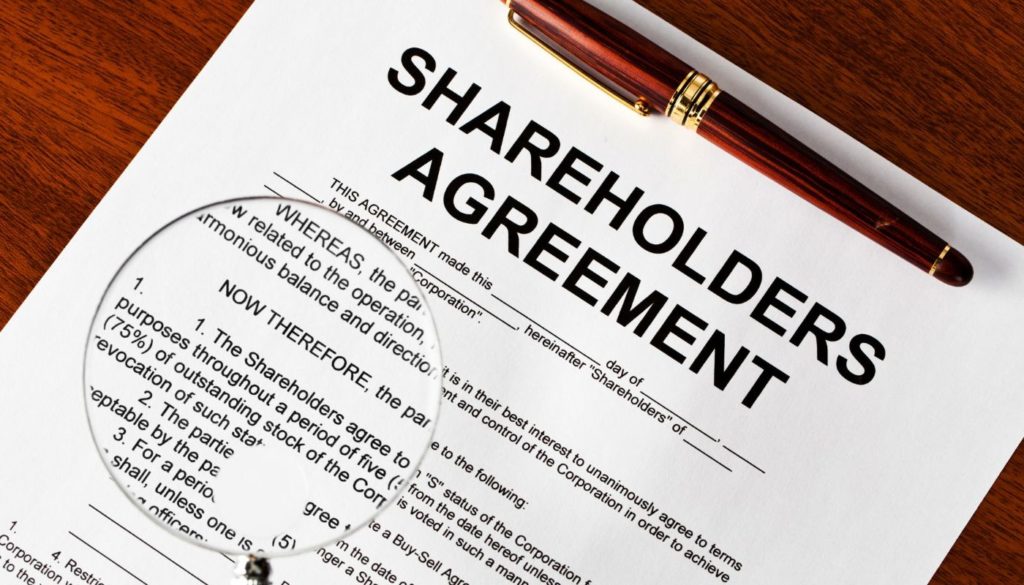Director & Shareholder Disputes
Tom Howard Legal specialise in director and shareholder disputes. Our team of shareholder dispute lawyers are knowledgeable and skilful in this area. Despite best intentions, it is unfortunately quite common for business partners to find themselves in dispute. Such shareholder disputes can arise between:
- Directors
- Shareholders
- Directors and Shareholders
- Partners in a partnership or joint venture
Many situations can lead to disputes, including where:
- There is a breakdown of the relationship between directors/shareholders;
- There are competing views on how to manage the business;
- There is a disagreement as to the direction of the company – one may want to receive dividends from the company while the other wants to reinvest the money to grow and expand; or
- There may be a breach of director duties.
While company disagreements are common, it is important that you move proactively and resolve them quickly because shareholder disputes can have a detrimental impact on your business.
There are various options available for our shareholder dispute lawyers to deal with different company disputes.
Resolving Shareholder Disputes
1. Negotiation or Mediation
The most cost-effective pathway to resolving a dispute is the parties entering negotiations and agreeing to a solution. By coming to the table and explaining their respective positions, the parties may find common ground resulting in a mutual decision being made. If this is unsuccessful, the parties can formally appoint an independent third-party mediator.
2. Shareholders’ Agreement
It is important to look at the company’s constitution and the shareholders’ agreement (if there was one prepared). These documents generally set out the process for dealing with disputes. They may provide provisions on the buy-out process, mediation, winding up, and director appointment.
3. Resign and Sell or Buy-Out
If you cannot easily resolve the dispute, you may consider resigning from the role of director and selling your shares in the company. Alternatively, you may wish to continue running the business and offer to buy-out the other partner/director/shareholder.
This, however, only works if one partner wants out, and the other wants to stay and keep the business ticking over. You cannot force the other to leave simply because of a disagreement. The buy-out option also relies on one partner having the capital to buy the other’s shares and sustain the business.
4. Voluntary Administration
Sometimes the only option available to resolve a dispute is to place the company into voluntary administration. That is, to wind-up or ‘dissolve’ the company’s business operations and structure. This must be approved by a special resolution of its shareholders.
5. Court Proceedings
Going to court should be a last resort as it is a costly and time-consuming process. It can also damage the value of a business. Therefore, before commencing proceedings, it is important that you seek legal advice on your position and available options.
However, where other options have not been successful, the following remedies may be available to you to resolve a company dispute:
- Shareholder oppression proceedings: you may institute proceedings for ‘oppressive conduct’ under section 232 of the Corporations Act 2001. This is typically used by minority shareholders who form the view that they are being unfairly treated by the majority shareholders. For example, they may feel that their interest is being devalued, or that the company is being controlled in a way that unfairly prejudices them. In such circumstances, a claim for damages and other orders (including a buy-out) can be brought.
- Breach of directors duties: directors have a number of fundamental duties, including a duty to act in the company’s best interests. Where these duties are breached, it may be possible to bring a claim against the director in his or her personal capacity; or
- In extremis, you may also bring an application to wind up the company under section 461 of the Corporations Act. This is often done strategically to force a buy-out.
What Next?
The most appropriate option available to you will depend on the specific facts and circumstances of your company dispute. It is important to seek legal advice immediately so that you can minimise the damage that a shareholder dispute can cause.
If you are looking for assistance in relation to a company dispute, please contact Tom Howard Legal to see how our team of shareholder dispute lawyers can assist.

